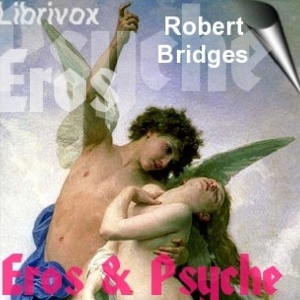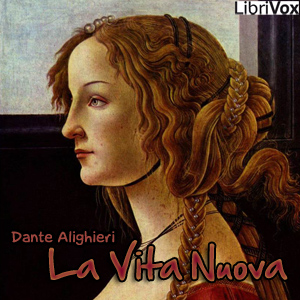- SONNETS: The Lover Sheweth How He is Forsaken of Such as He Sometime Enjoyed
- The Lover for Shamefastness Hideth his Desire within his Faithful Heart
- Of the Folly of Loving When the Season of Love is Past
- The Lover Compareth His State to a Ship in Perilous Storm Tossed on the Sea
- The Lover Despairing To Attain Unto His Lady's Grace Relinquisheth the Pursuit
- Of Others' Feigned Sorrow, and the Lover's Feigned Mirth
- The Lover's Life Compared to the Alps
- The Lover Laments the Death of his Love
- How the Lover Perisheth in His Delight as the Fly in the Fire
- ODES: The Lover Complaineth the Unkindness of His Love
- The Lover's Lute Cannot Be Blamed Though It Sing of His Lady's Unkindness
- When Fortune Smiles Not, Only Patience Comforteth
- The Dying Lover Complaineth That His Mistress Regardeth Not His Sufferings
- SONGS AND EPIGRAMS: Of the Mother That Eat Her Child at the Siege of Jerusalem
- The Lover Compareth His Heart to the Overcharged Gun
- Of Such As Had Forsaken Him
- Comparison of Love to a Stream Falling from the Alps
- Of Disappointed Purpose by Negligence
- Of His Return from Spain
- SATIRE: Of the Mean and Sure Estate, Written to John Poins
- EPITAPH: Sir Antonie Sentleger of Sir T. Wyatt
Sir Thomas Wyatt was an English poet, courtier and ambassador for King Henry VIII, who sent him on Embassies to the Pope and the Holy Roman Emperor, Charles V.
Wyatt's poetry is little read these days, perhaps because of the archaic nature of his language, but he was an important poet in his own day as he introduced into English poetry many ideas and techniques from other languages particularly Italian. He used the Sonnet form developed by Petrarch and verse forms used by Dante and others. His work influenced later Tudor poets including Philip Sidney and William Shakespeare.
Wyatt's poems tend to be better known by their opening lines than their actual titles but this project will use the full titles.
Wyatt was rumoured to have been the lover of Anne Boleyn to whom he addressed several poems including the rather unflattering "Ye Olde Mule" written after she married Henry VIII. (Summary by Alan Mapstone)
There are no reviews for this eBook.
There are no comments for this eBook.
You must log in to post a comment.
Log in











